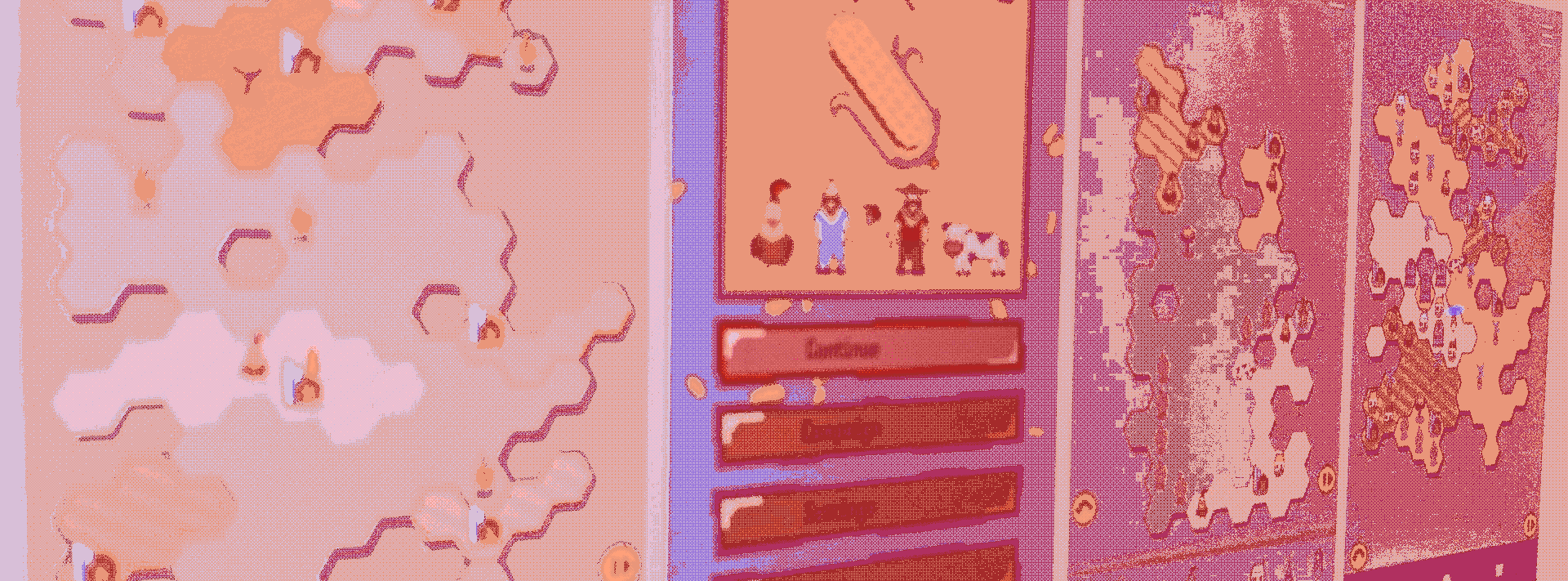Week 5 — Yesterday, today, and tomorrow.
This week we’re asked to reflect on our present situation, using the 3 perspectives below.
Reflect on-action
What critical incidents led you to enroll on the course?
I have been making small games for a while, but felt they lacked in good design. As I’ve touched on before, I enrolled in a game design course on Coursera, but felt the peer assessments and discussions lacking in depth, not to mention the material lacking the detail I’ve found in some of my books on design. I cast my net wider, and found this course. I’m happy with the course so far, and it has really forced me to think harder about how I want to shape my self-directed learning to reach my goals.

Reflect in-action
What critical incidents, if any, are you experiencing?
I have not experienced any “bad” critical incidents thus far. I’ve a very supportive family, and a not too strenuous job, and so far I’ve been able to make plenty of time for studies. I am very lucky, and very privileged to be able to do this. But, what if that all changes? How will I react?
Being a programmer by trade (since about 2002) means that I have plenty of experience dealing with constraints, and have had to “edit ruthlessly” in the past on some projects. If, for any reason, I’m not able to spend as much time as I want on this course, I’m sure I’ll adapt by perhaps scaling down the scope of things I want to learn. For instance, I might forego learning certain game programming techniques, but still focus purely on game design. For instance, one tool I use to capture things for later digestion is a Trello board (and the Trello app on my phone means I can do this anywhere and anytime something important crosses my path.)
There are times when I want only to collect input and not decide what to do with it yet.
(ALLEN 2015)
Oh, actually - there’s one critical incident: the game jam! It’s completely consumed me, and I was stuck on a couple of issues (bugs in libraries I’m using, not gaps in my knowledge), which means I haven’t spent as much time as a wanted on the forums. It’s only when the course leader highlighted this (not to me, but to the team) that I decided to rear my head a little bit :-) I’ve offered my coding assistance to the team on our Discord server, just in case any of them get stuck too.
Reflect for-action
How are the first two points shaping your outlook for the future?
We have to remember that productivity ebbs and flows, and not to get dissuaded by down-time. We can always narrow the scope for the “down week”, or catch up in an “up week”. I’m also mindful that folks don’t always ask for help, so I’ll try and make known in the forums that I’m there to share notes or provide programming assistance if anyone needs it.
Not all work roles require that you attain a state of flow in order to be productive, but for anyone involved in engineering, design, development, writing, or like tasks, flow is a must. These are high-momentum tasks. It’s only when you’re in flow that the work goes well.
(DeMarco and Lister 1999)
To deter against the “ebbs” and to attain more “flows”, I’ll also be more mindful of making room for flow in my life, by
- blocking out time in my calendar (and sharing said calendar with my family)
- getting rid of distractions (mute chat apps, phone, etc) and shutting the door
- providing my future-self with an easy pickup point
On that last point, I’ll echo Roald Dahl (who echoes Ernest Hemingway):
I never come back to a blank page; I always finish about halfway through. To be confronted with a blank page is not very nice. But Hemingway, a great American writer, taught me the finest trick when you are doing a long book, which is, he simply said in his own words, "When you are going good, stop writing."
(Dahl 1988)
Bibliography
- ALLEN, DAVID. 2015. GETTING THINGS DONE: the Art of Stress-Free Productivity. Place of publication not identified: PIATKUS Books.
- DAHL, Roald. 1988. “How Do You Keep the Story’s Momentum Going?” Roald Dahl on writing. Available at: https://www.roalddahl.com/create-and-learn/write/roald-dahl-on-writing [accessed 21 Oct 2020].
- DEMARCO, Tom and Timothy R. LISTER. 1999. Peopleware: Productive Projects and Teams. 2nd ed. New York, NY: Dorset House Pub.
This post is part of my critical reflective journal and was written during week 5 of the module development practice.
Unlabelled images are Copyright 2020 Juan M Uys, and are for decorative purposes only.